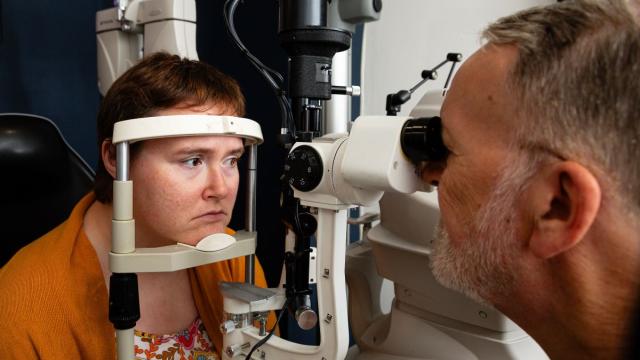Having an eye test (easy read)
Advice on having an eye test for people with learning disabilities.
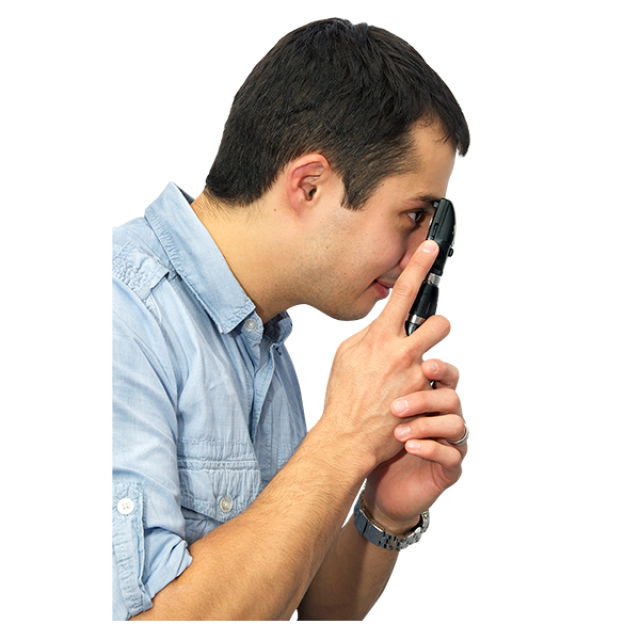
The people who test your eyes are called opticians.
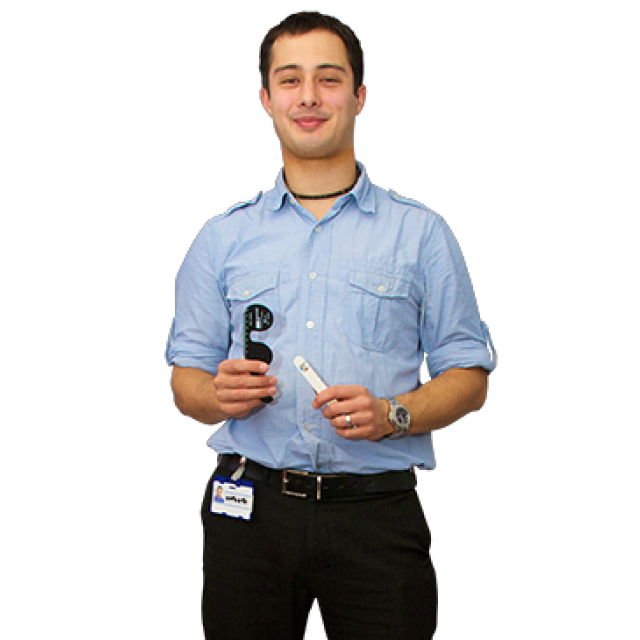
They are also called optometrists.
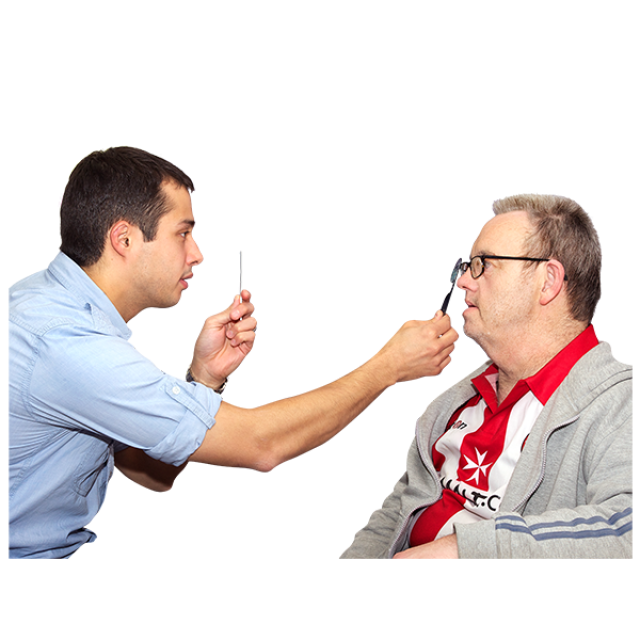
Having your eyes checked is called an eye test, an eye examination, or a sight test.
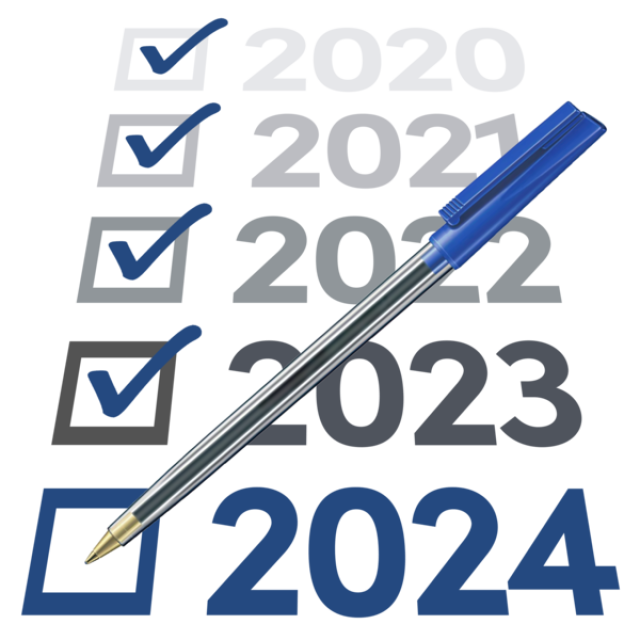
You should have an eye test every year.
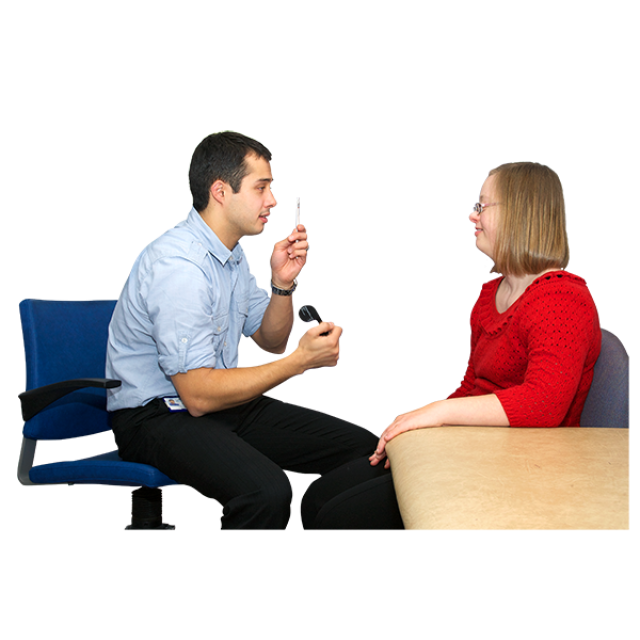
Your optician will tell you if you need your eyes checked more often.
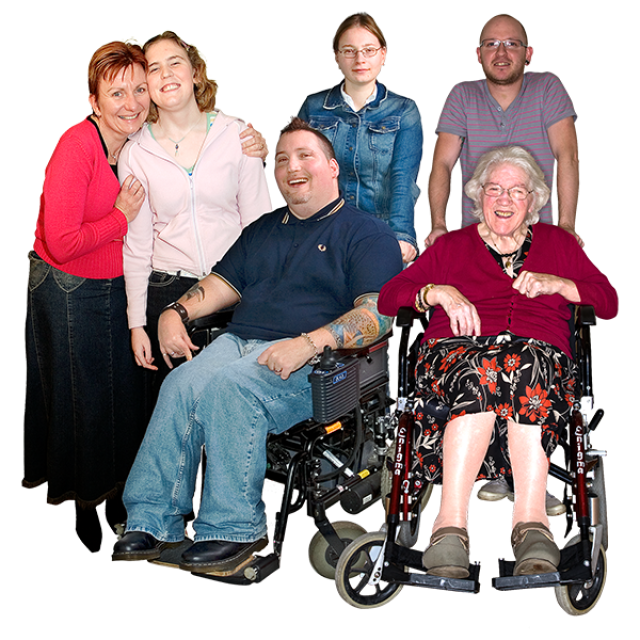
Everyone can have their eyes tested.
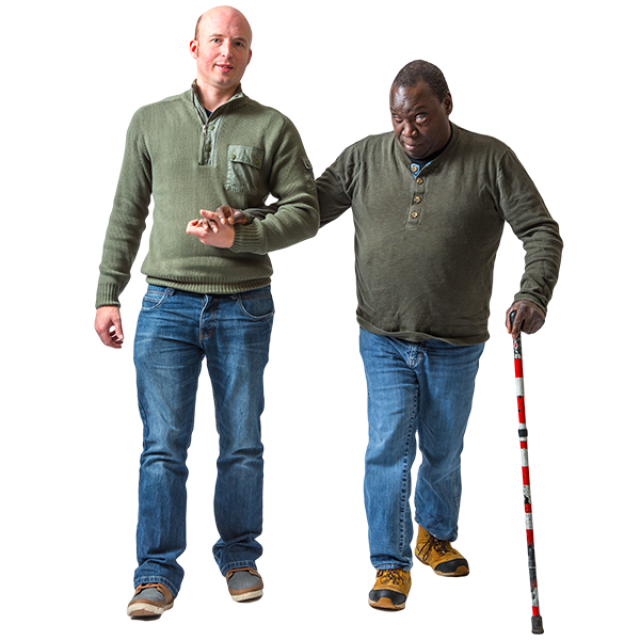
You don’t have to be able to read or speak to have an eye test.
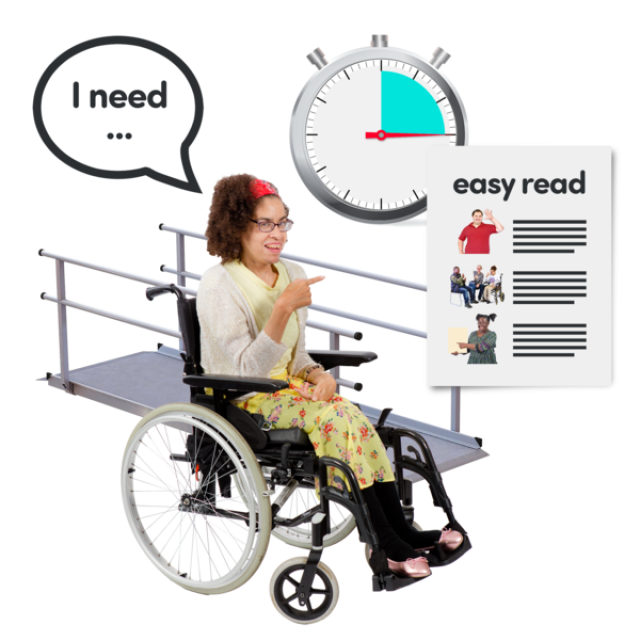
There are different ways to have an eye test.
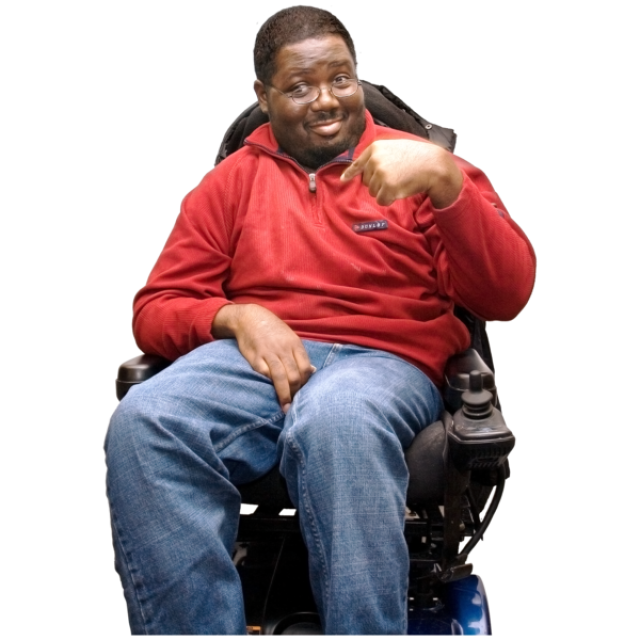
Everyone can have an eye test – you don’t need to be able to read or speak.
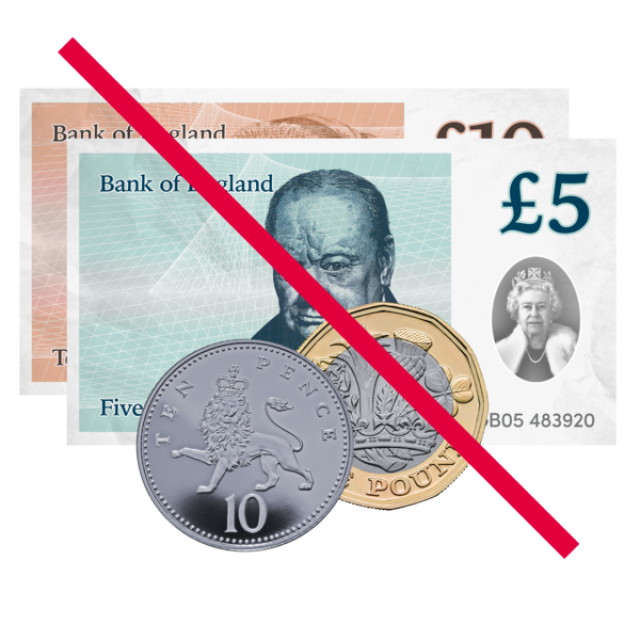
Many people can get free eye tests.

You might be able to get a free eye test if:
You are under the age of 16.
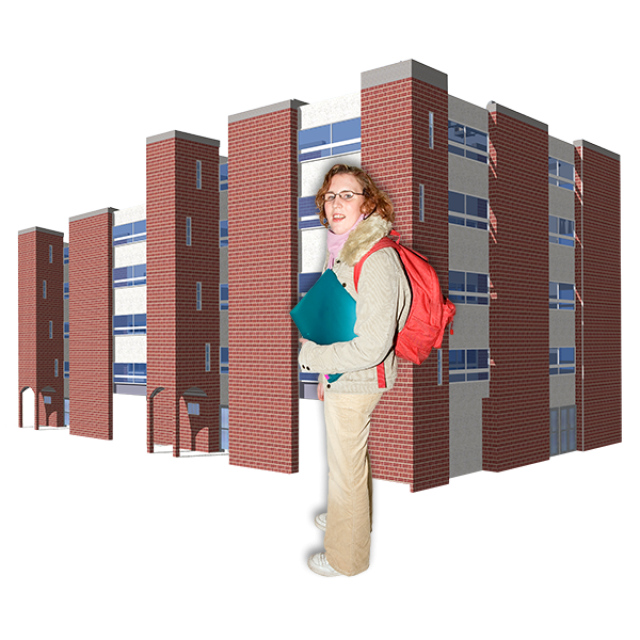
You are under 19 and in full-time education.
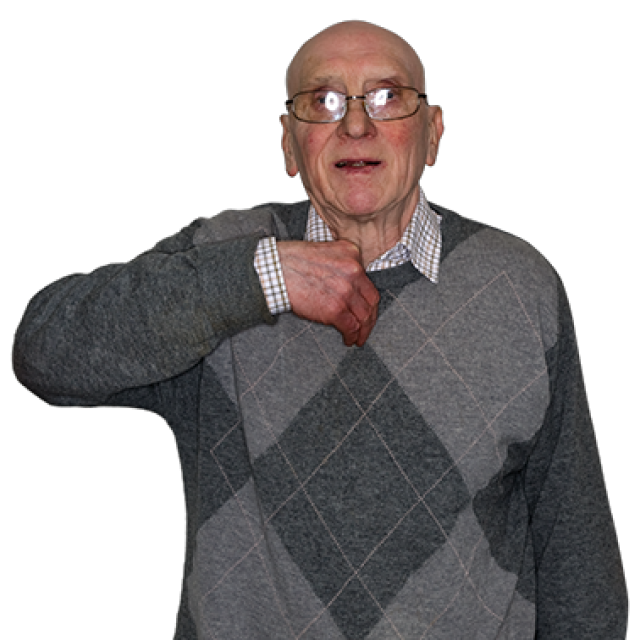
You are aged 60 or over.
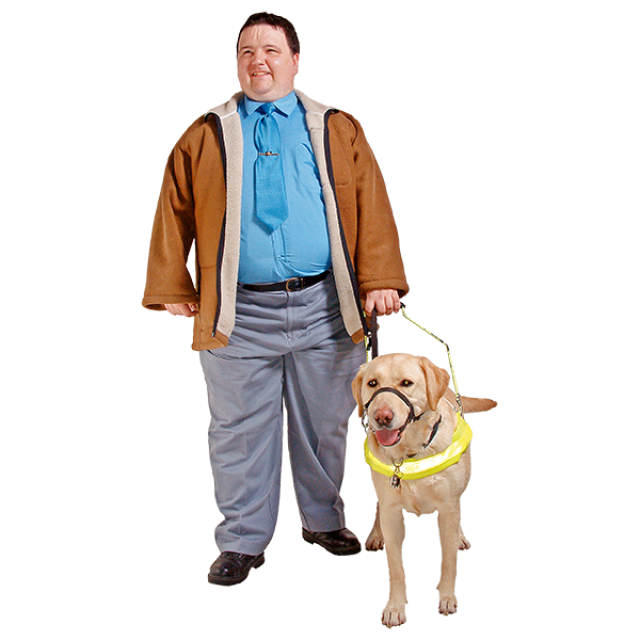
You are registered as sight impaired or severely sight impaired.
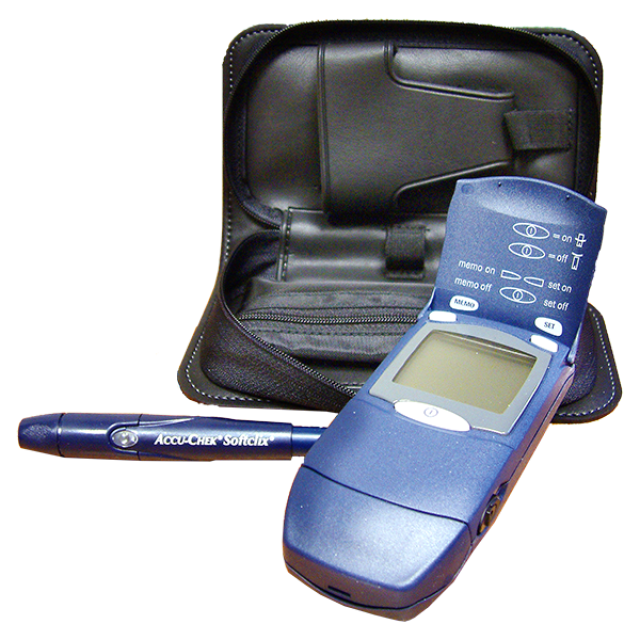
You have diabetes.
Diabetes is a health problem that can affect your eyesight.
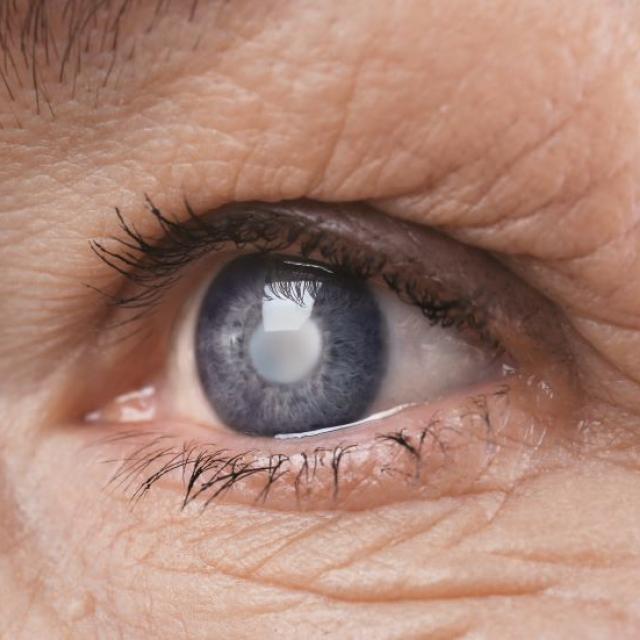
You have glaucoma.
Glaucoma is an eye problem that could stop you seeing properly.
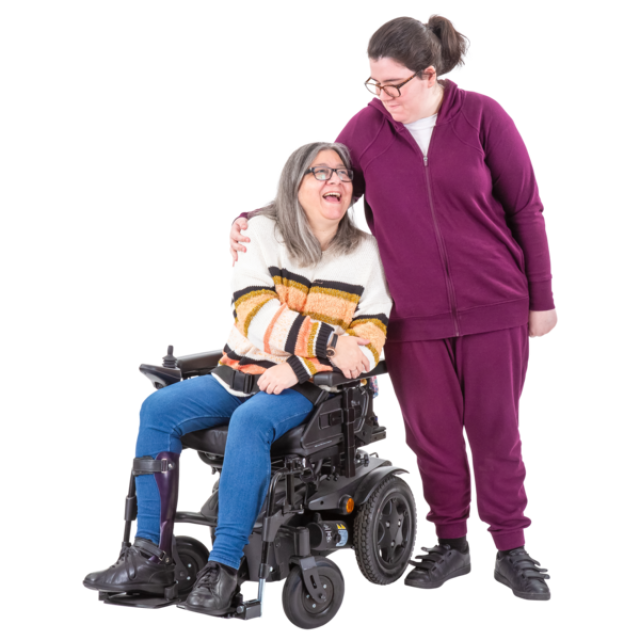
You are over the age of 40 and someone in your close family has glaucoma.
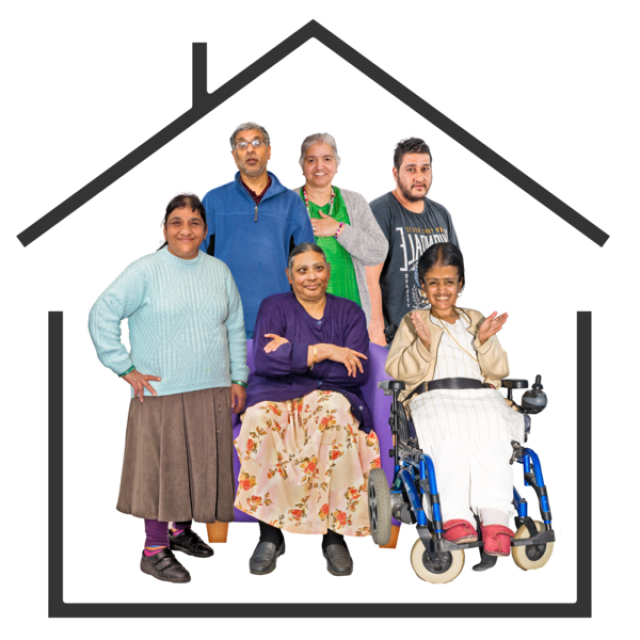
This could be your mother, father, brother, sister, son or daughter.
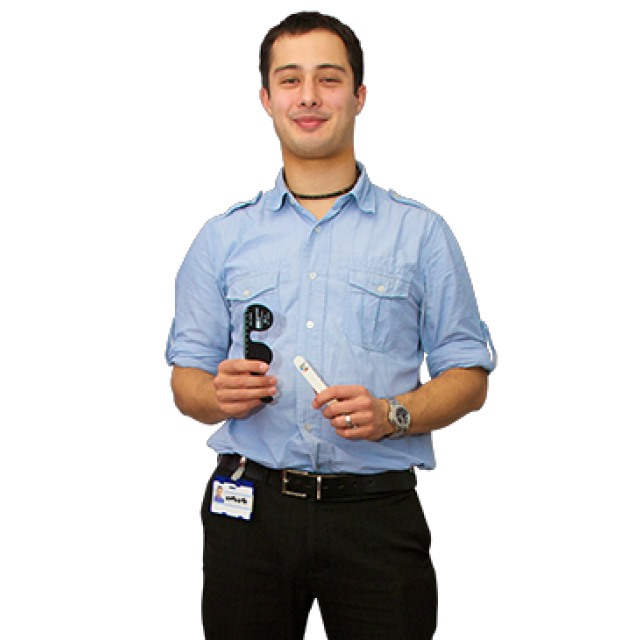
Your eye doctor has told you that you are at risk of glaucoma.
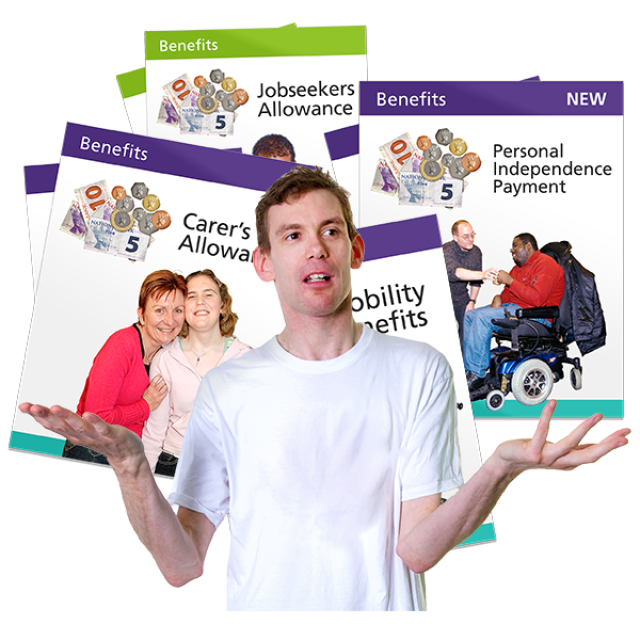
Or if you receive some benefits like Income Support.
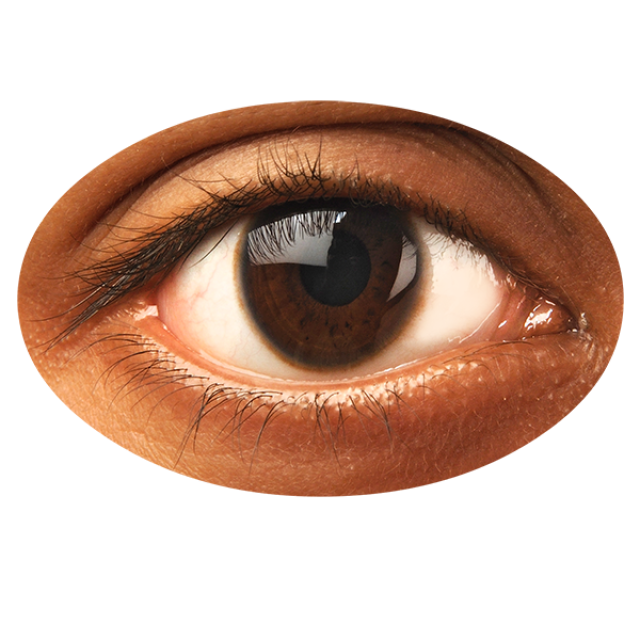
An eye test can check if your eyes are healthy.
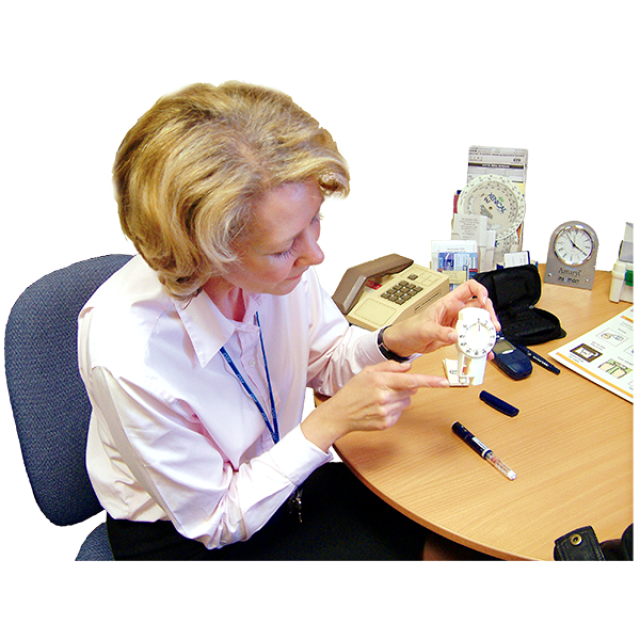
An eye test also checks for health problems like diabetes.
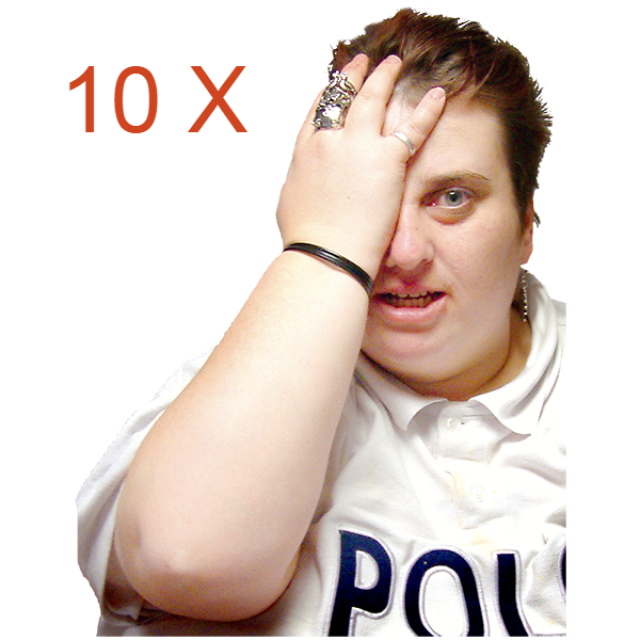
Adults with a learning disability are 10 times more likely to have a serious sight problem than other people.
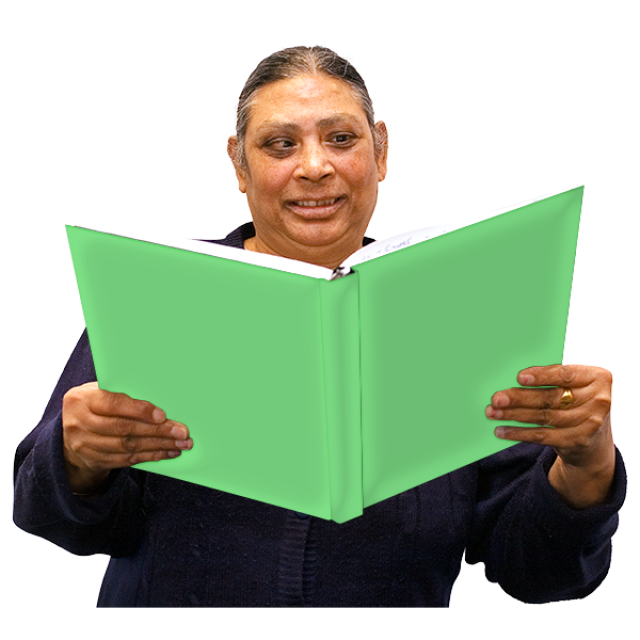
An eye test can check that your eyesight is okay.
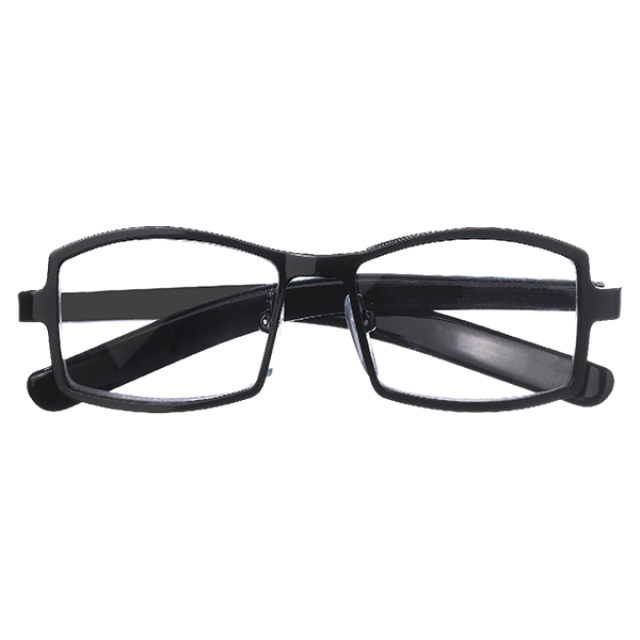
And whether you need new glasses.

Wearing the right glasses can help you to see better.
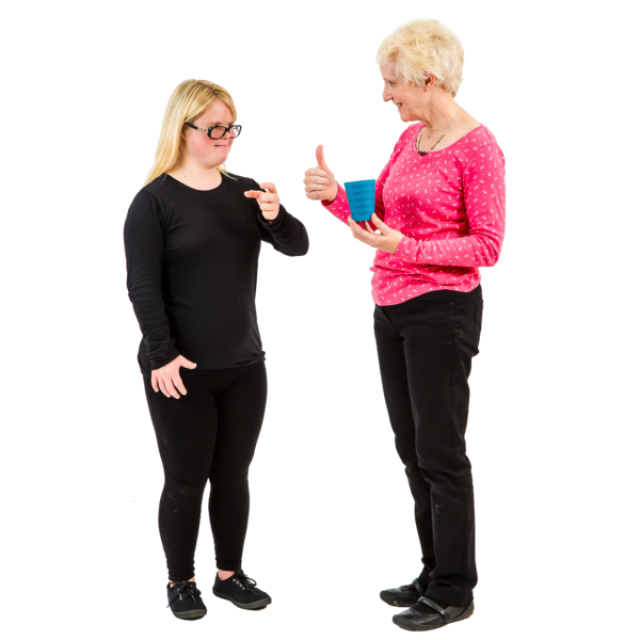
Good eyesight can help us to communicate and be independent.
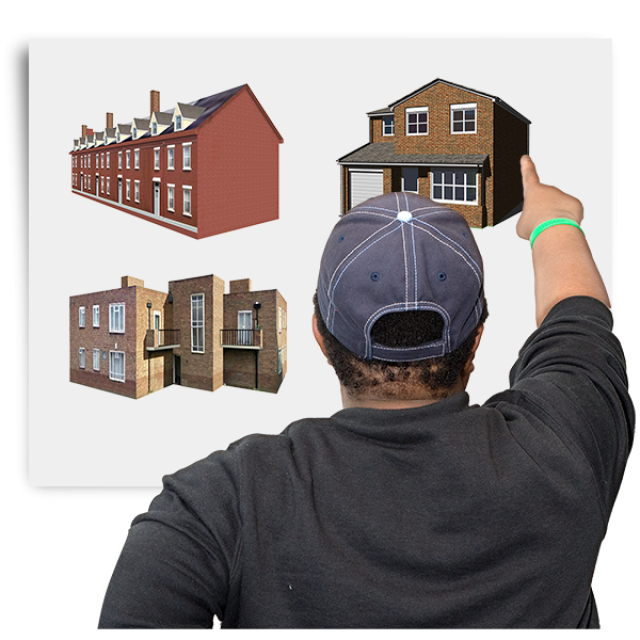
You can choose to have an eye test at any optician.
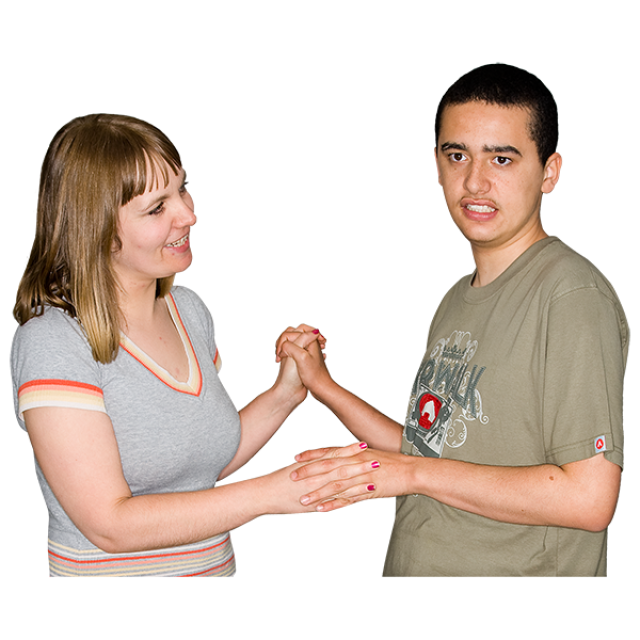
You can take a supporter with you for your eye test.
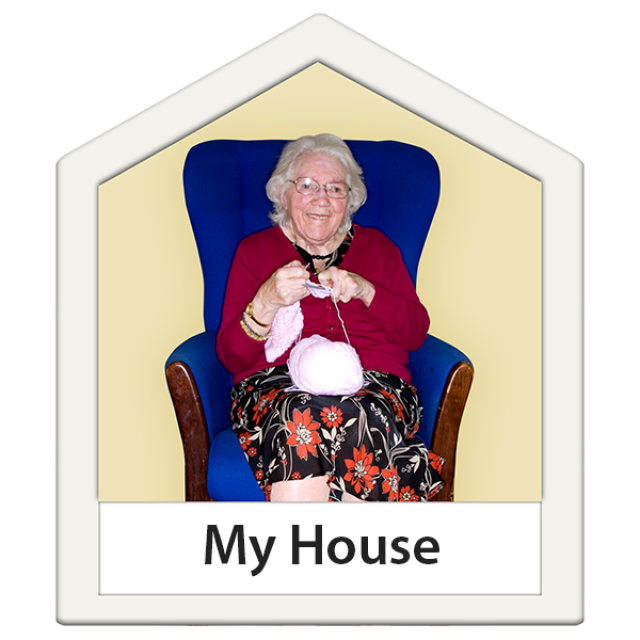
There are opticians who can visit you at home.
You can ask your optician about this.
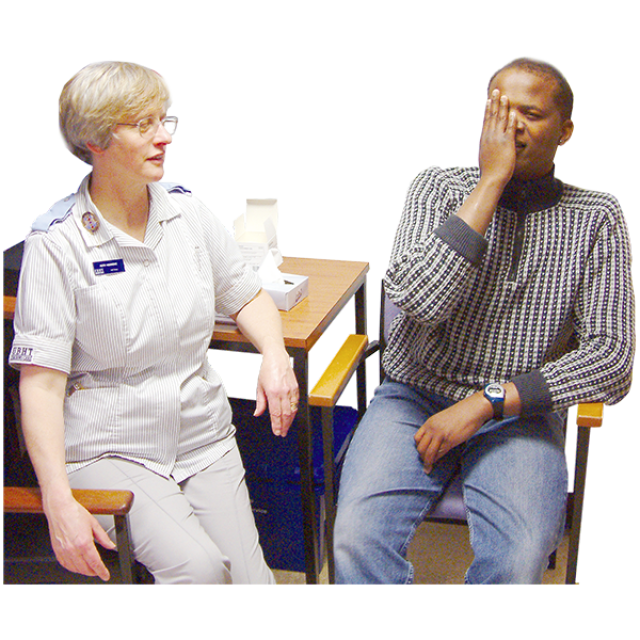
The optician will talk with you about your eyes and your eyesight.
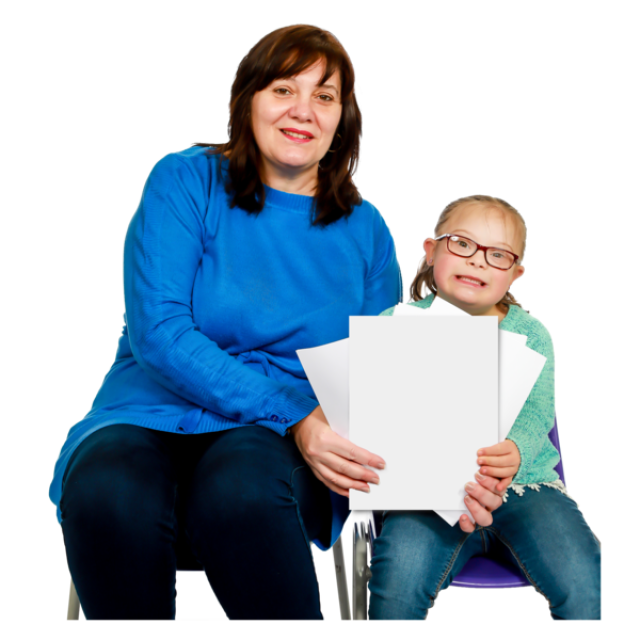
You can take your Health Passport to show the optician.
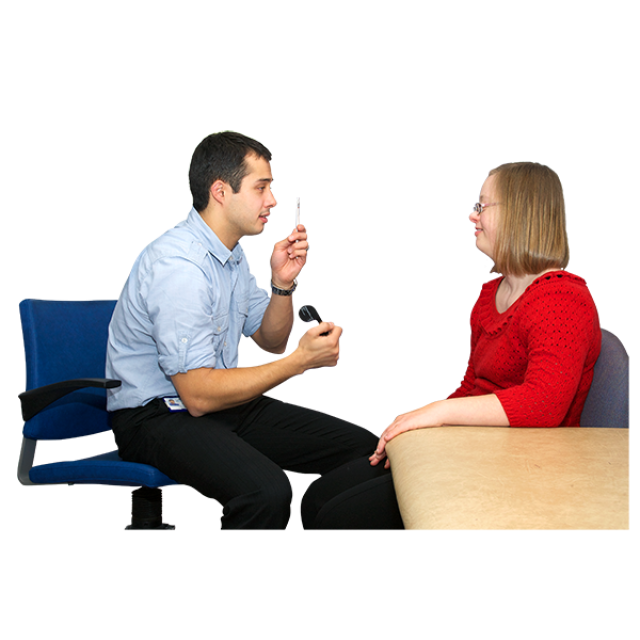
The optician will look at your eyes to see if they are healthy.
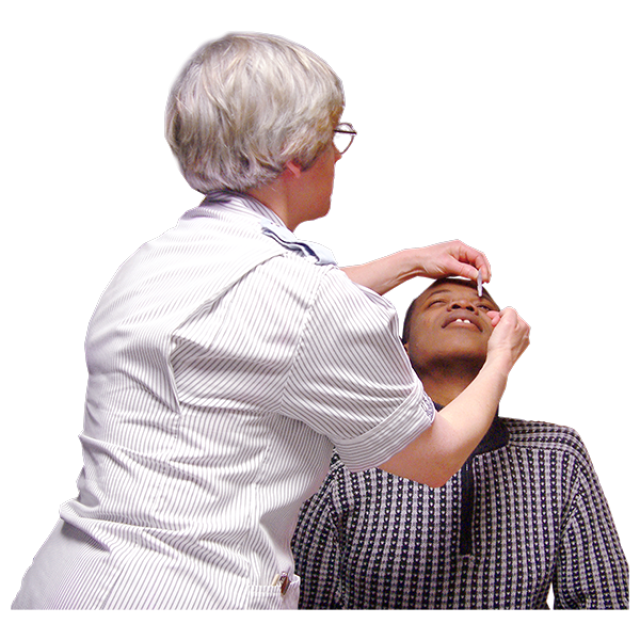
The optician will need to get close to you to do this.
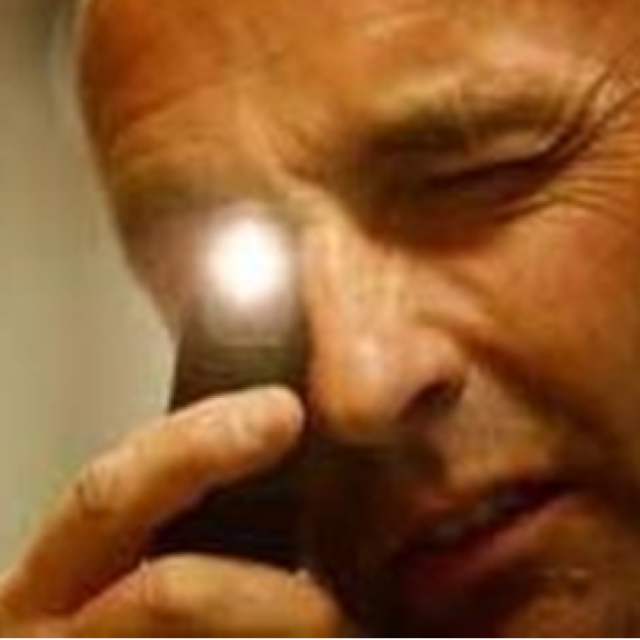
The optician will use a light to look at your eyes.
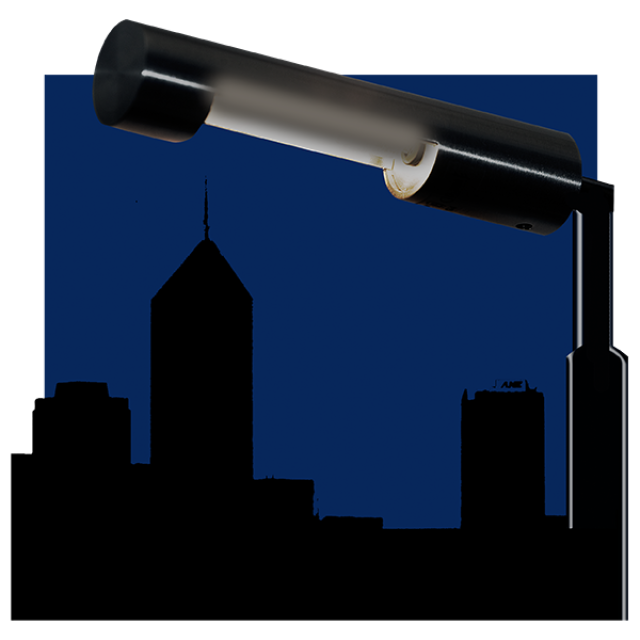
For some parts of the eye test the room will be dark.
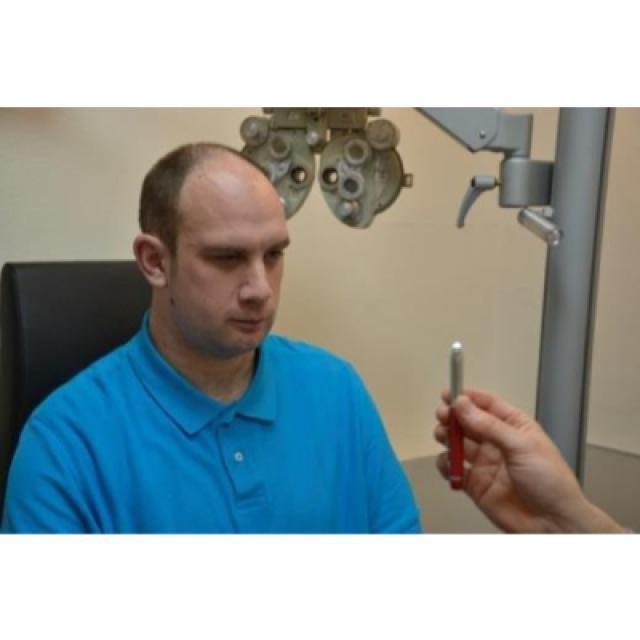
The optician may ask you to follow a light with your eyes.
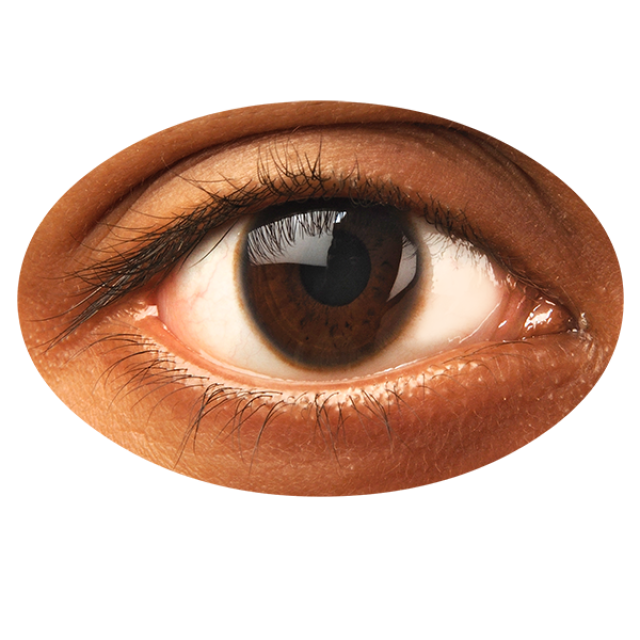
This helps them check how your eyes move when you look at things.
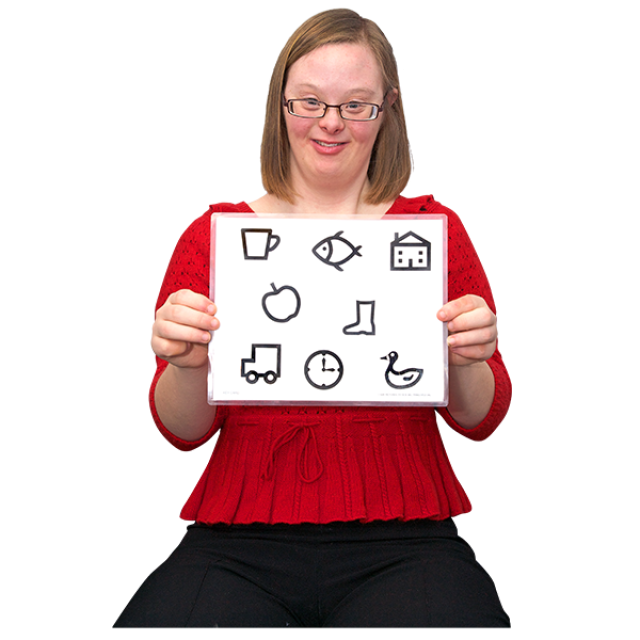
The optician will ask you to look at objects, pictures or letters.
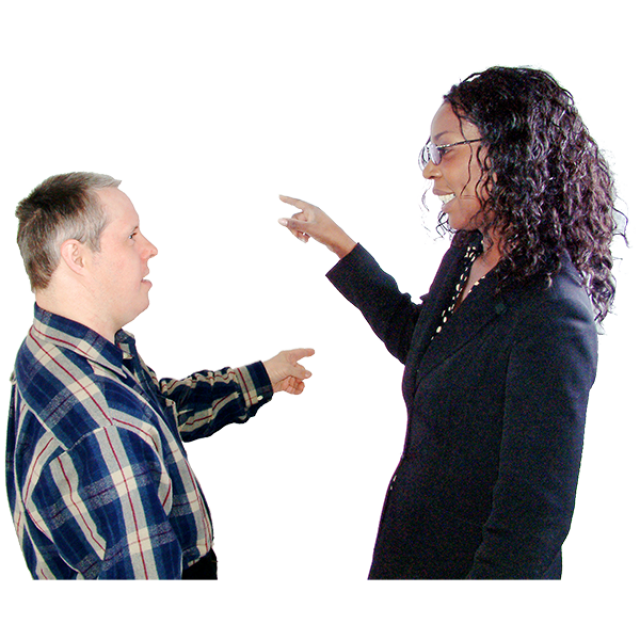
You can use words, signing, pointing or other ways to say what you see.
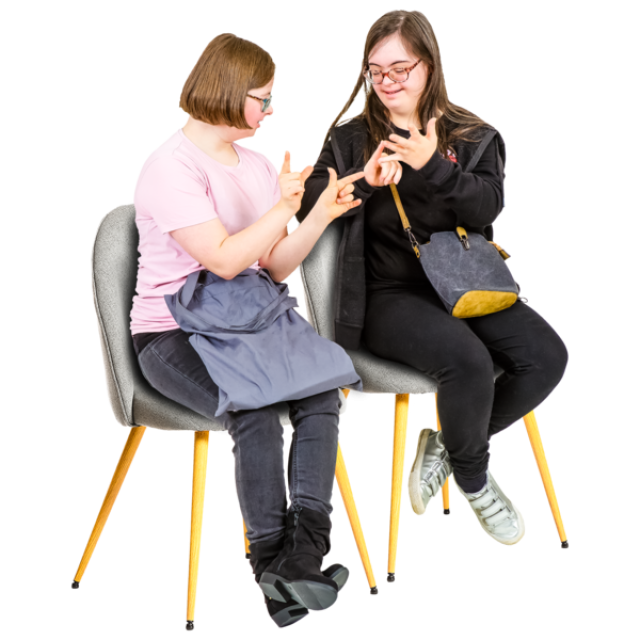
Your supporter can help you to communicate what you see.
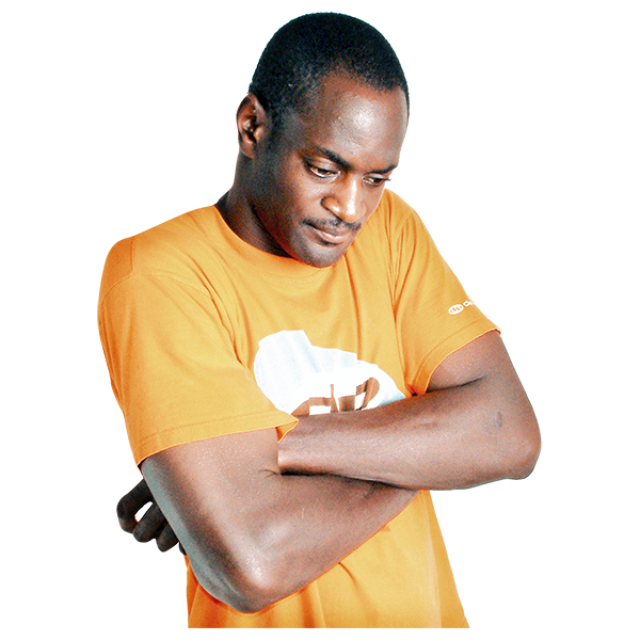
You might not be able say or sign what the objects, pictures or letters are. But that is okay!
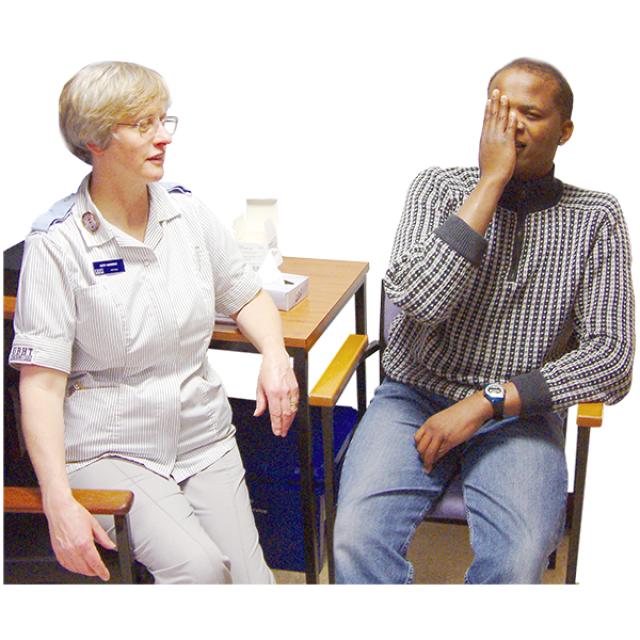
The optician can still test your eyes by watching how you look at things with your eyes.
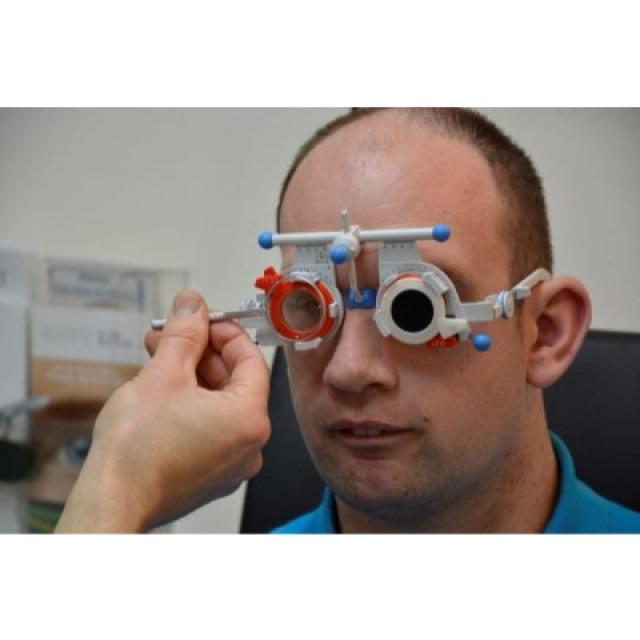
The optician will put a ‘test frame’ on your face.
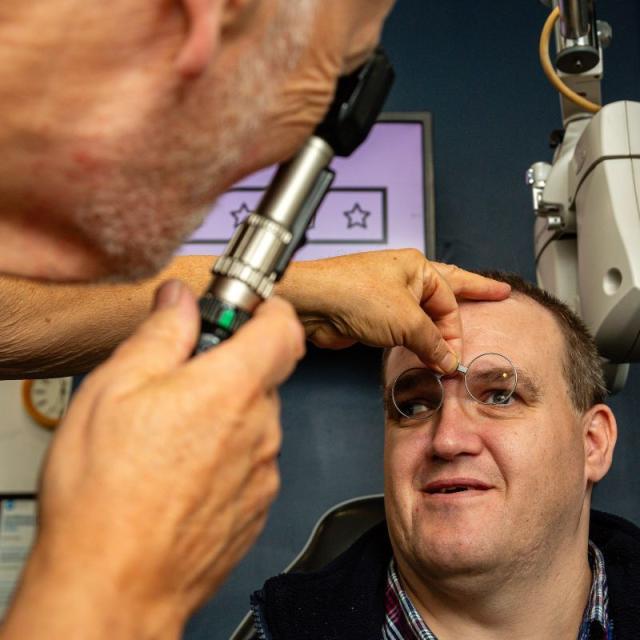
If you can’t wear test frames, the optician can hold the lenses for you to look through.
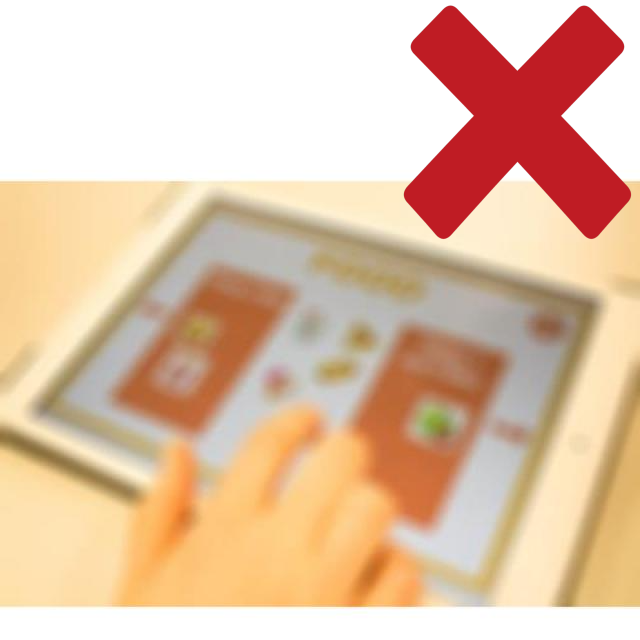
They will put different lenses in the test frame to check which lenses help you see clearly.
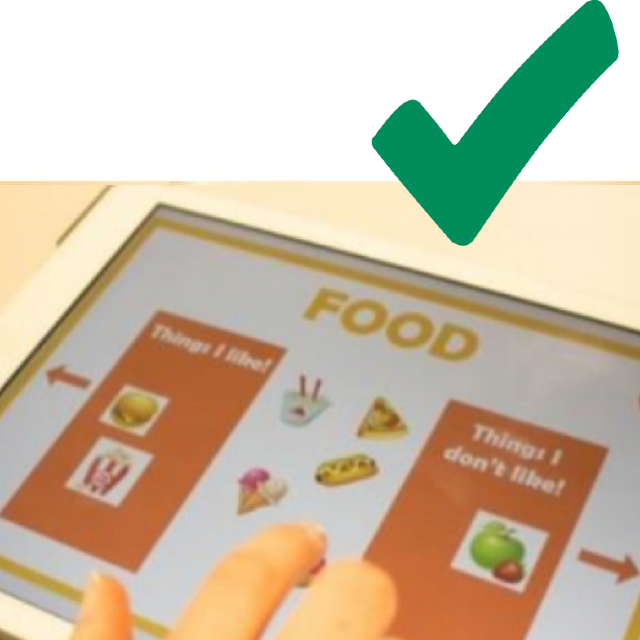
Some lenses will make you see more clearly.
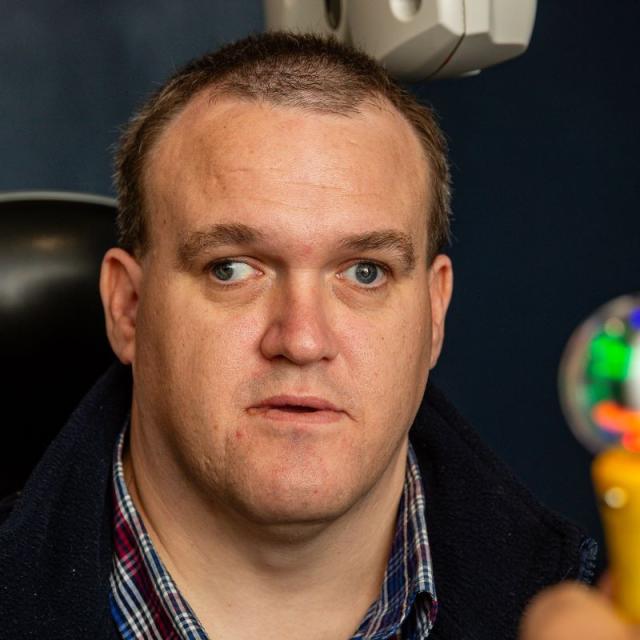
The optician will test how well you see things at the side of your vision.
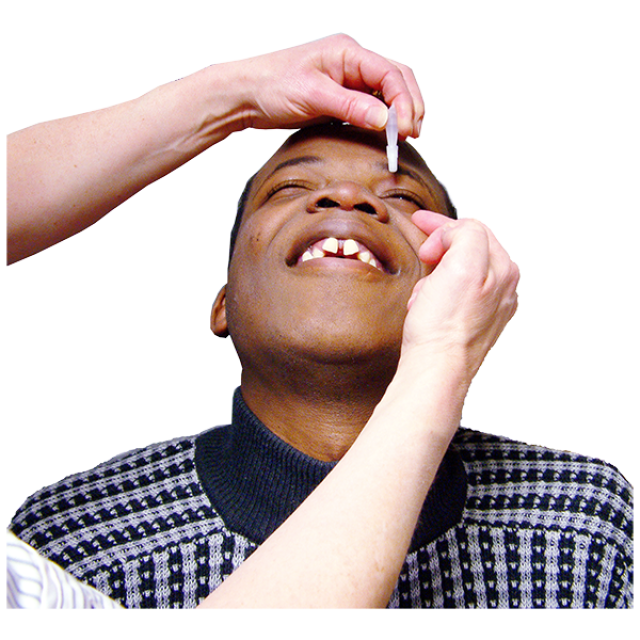
The optician may ask to put drops in your eyes.
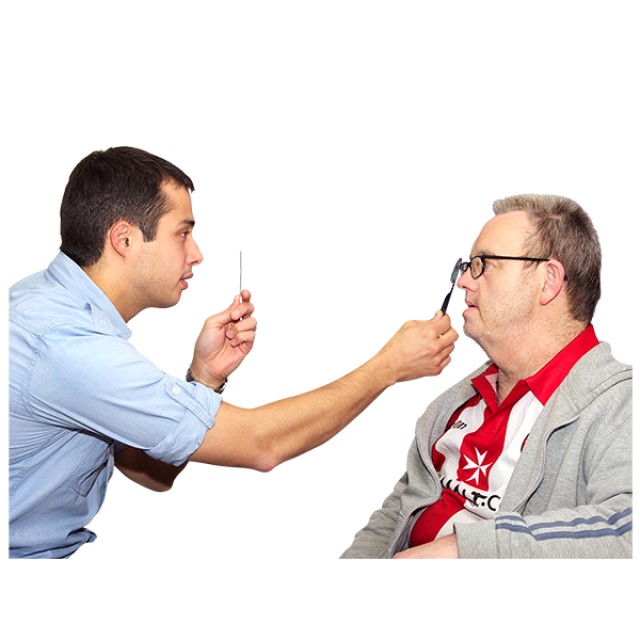
The drops help the optician to see inside your eyes.
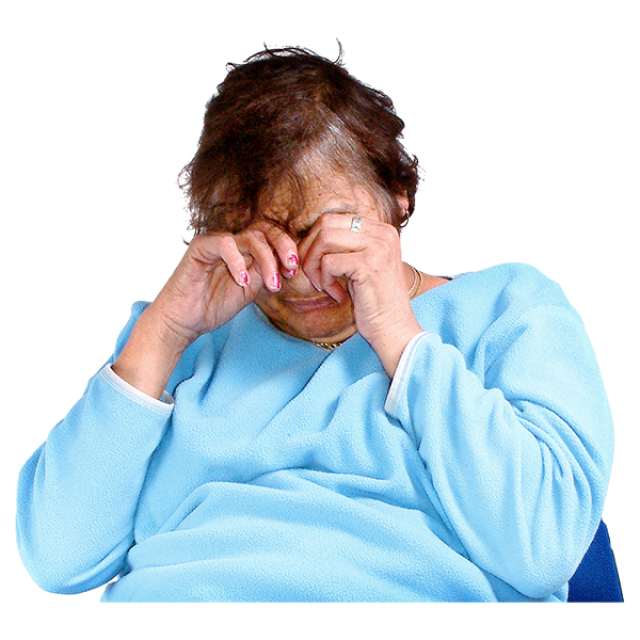
It might feel uncomfortable.
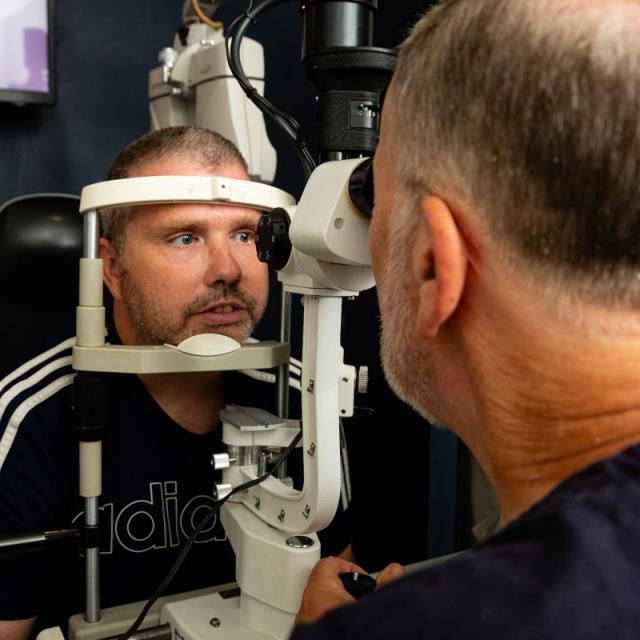
The optician might use a machine to blow air onto your eye or touch your eye gently.
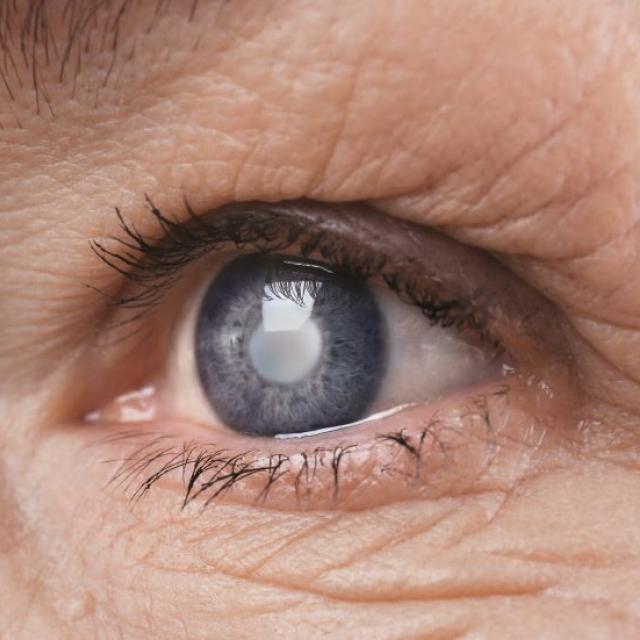
This helps test for a serious eye problem called glaucoma.
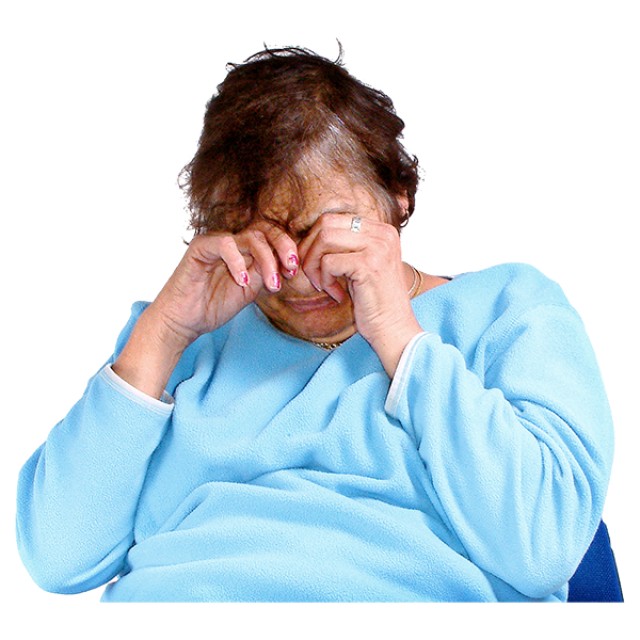
It might feel uncomfortable but this test is important.
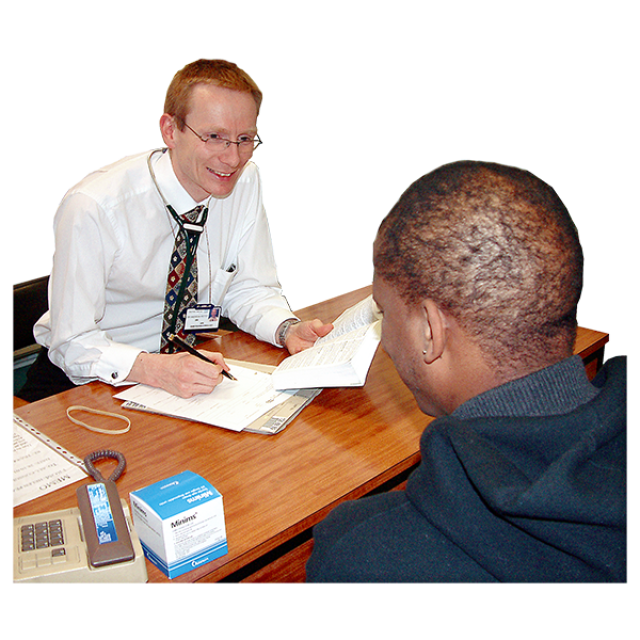
After your eye test the optician will tell you about your eye sight and whether you need new glasses.
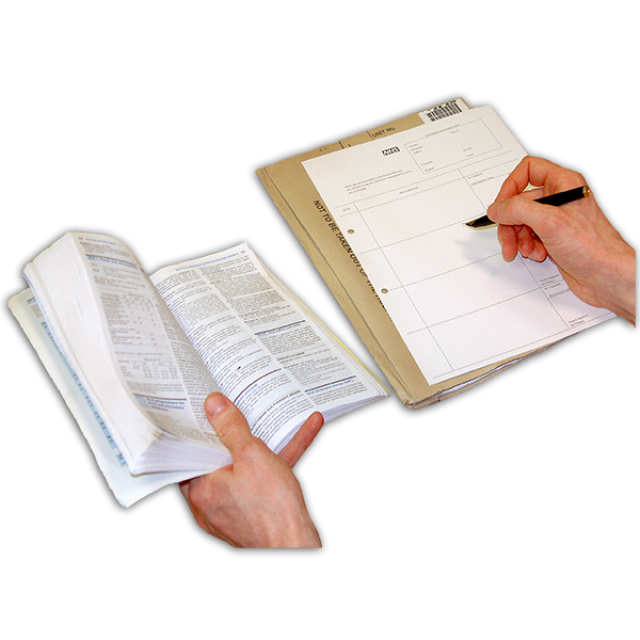
They will give you a piece of paper called a prescription.
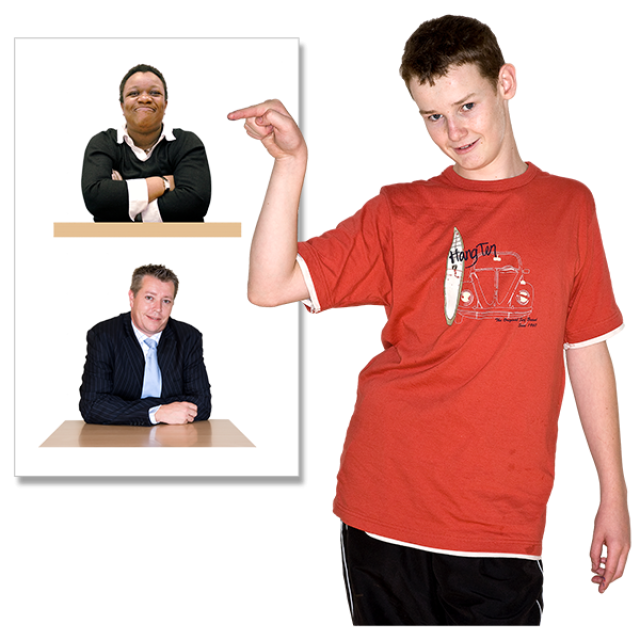
If the optician says you need new glasses you can get these from any optician you choose.
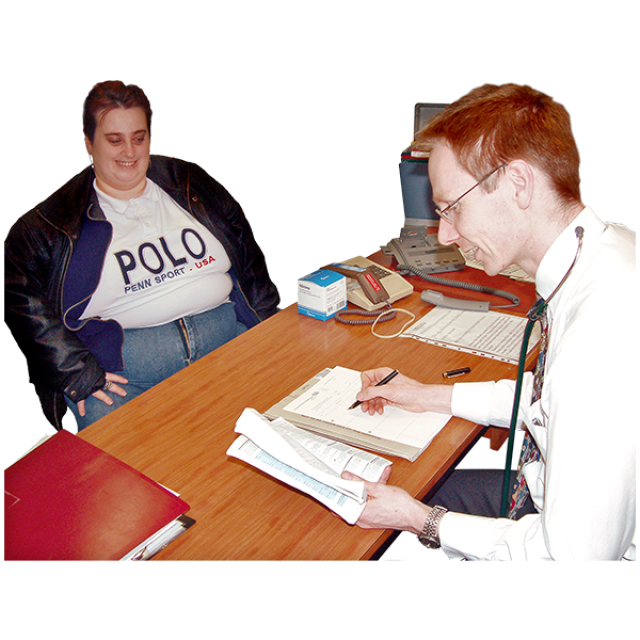
If the optician has found that you have an eye problem, they might tell you to see an eye doctor.
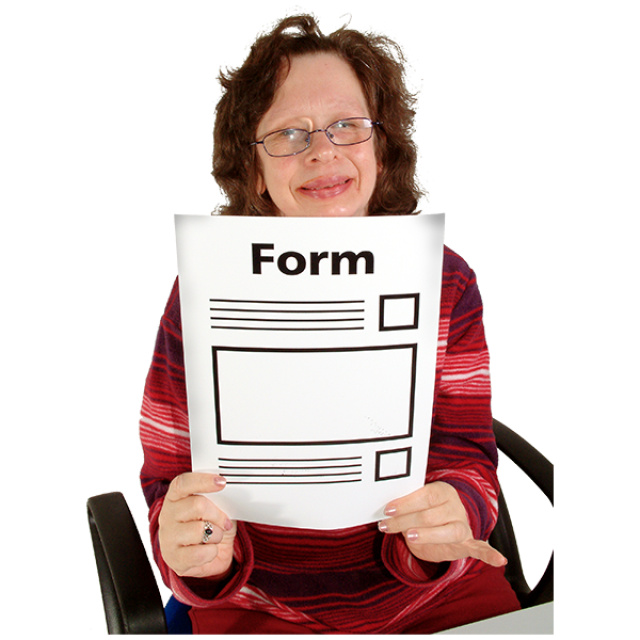
We have a form you can take to your appointment called About me and my eyes.
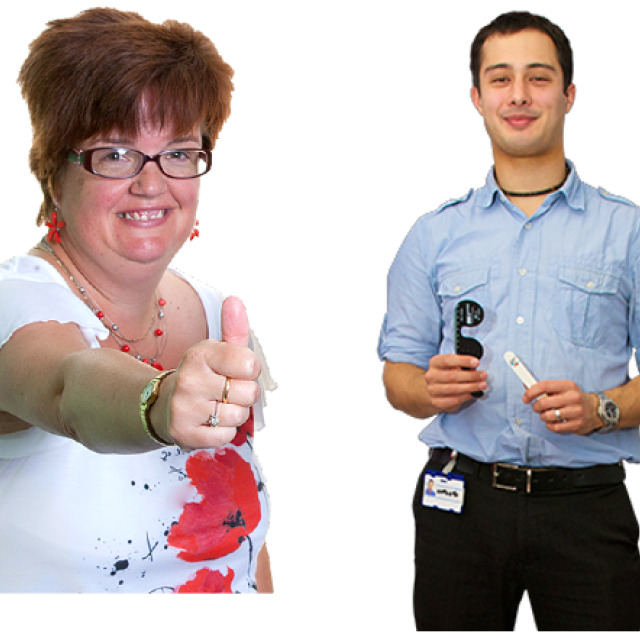
It tells the optician about you so your eye test goes well.
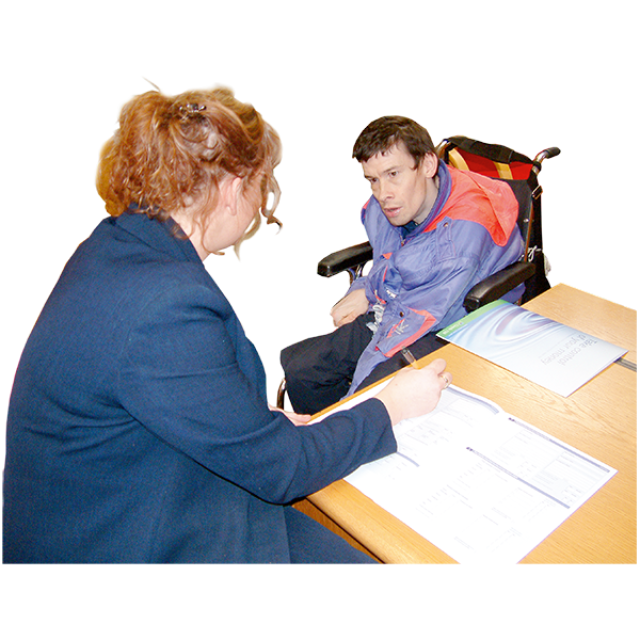
We have a form called Results of my eye test.
Your optician can fill this out.
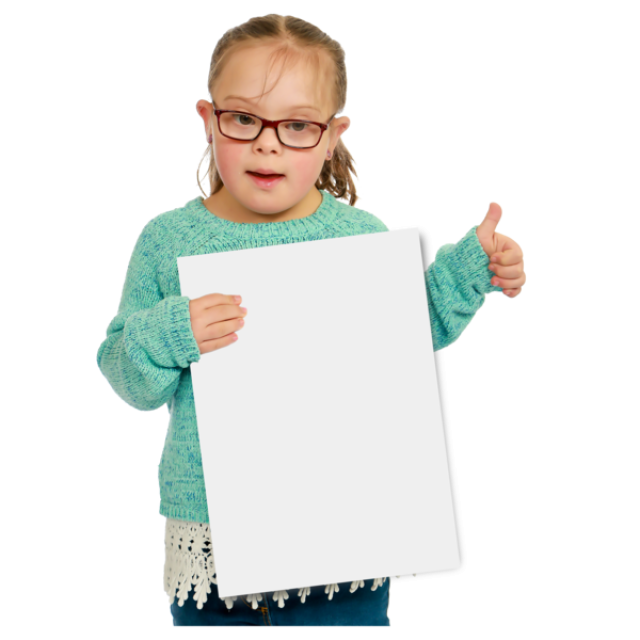
The form will help you understand the results of your eye test.
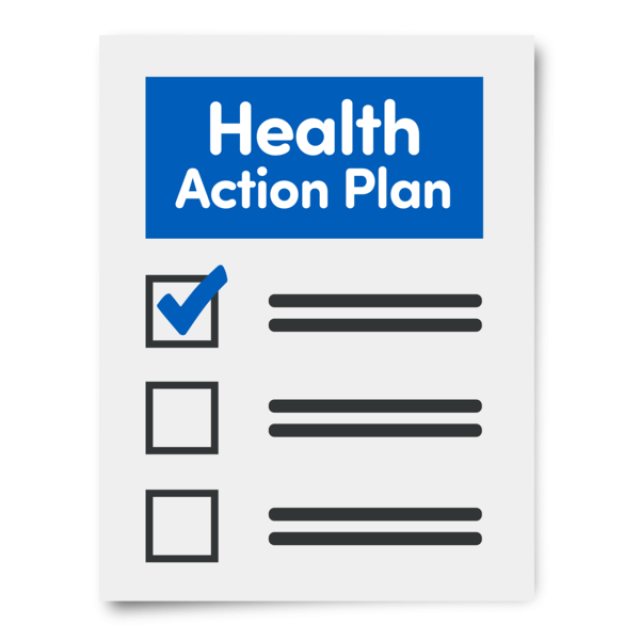
If you have a health action plan you can add information about your eye test to it.
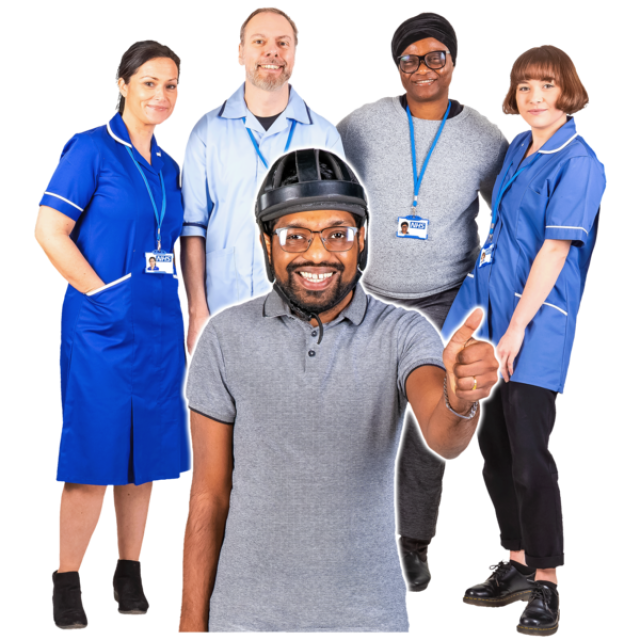
It is important to share information about your eyesight with others.


